

Sir Alex Ferguson on personality: “If you give in once, you’ll give in twice” was one of Ferguson’s abiding mottos. The most decorated Manchester United manager, who won 13 Premier Leagues and two UEFA Champions Leagues at Old Trafford, was universally admired for knowing how to build character among his players. Intuitively aware of who needed a hand around their shoulder and who was better suited to the ‘hairdryer treatment’, Ferguson forged one great team after another by developing his players’ personalities, emphasising on humility, passion and the desire to never give up. No wonder then that after United lost out on the Premiership in 2011-12 to Manchester City, with virtually the last kick of the season, Ferguson’s troops bounced back to win the league the following year by a whopping 11 points
Getty Images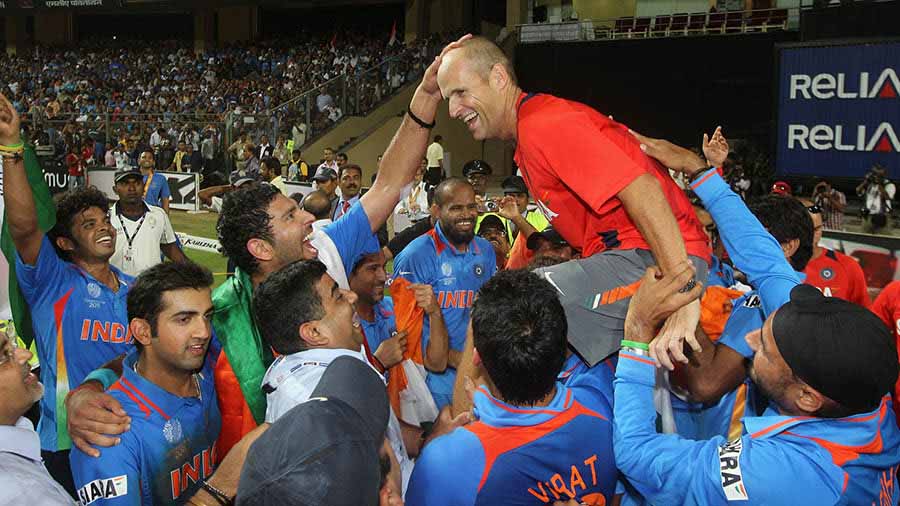
Gary Kirsten on delegation: When Kirsten took charge of the Indian men’s cricket team in 2008 with the aim of winning the 50-over World Cup three years later, he quickly realised his limitations. He knew that he could not tell Sachin Tendulkar how to play a cover drive or Zaheer Khan how to bowl an outswinger. Instead, the key to his role was knowing when and how to delegate responsibility, not just to the players themselves, but also to his support staff, chiefly Paddy Upton. This required Kirsten to pull back on his own ego of being a South African great and tone down the primacy of the coach in the Indian setup, something Greg Chappell had exaggerated beyond repair shortly before. Kirsten’s conduct during his tenure in India provides a powerful insight for those of us who are leaders, showing us how good leadership is sometimes about leading from the back
Getty Images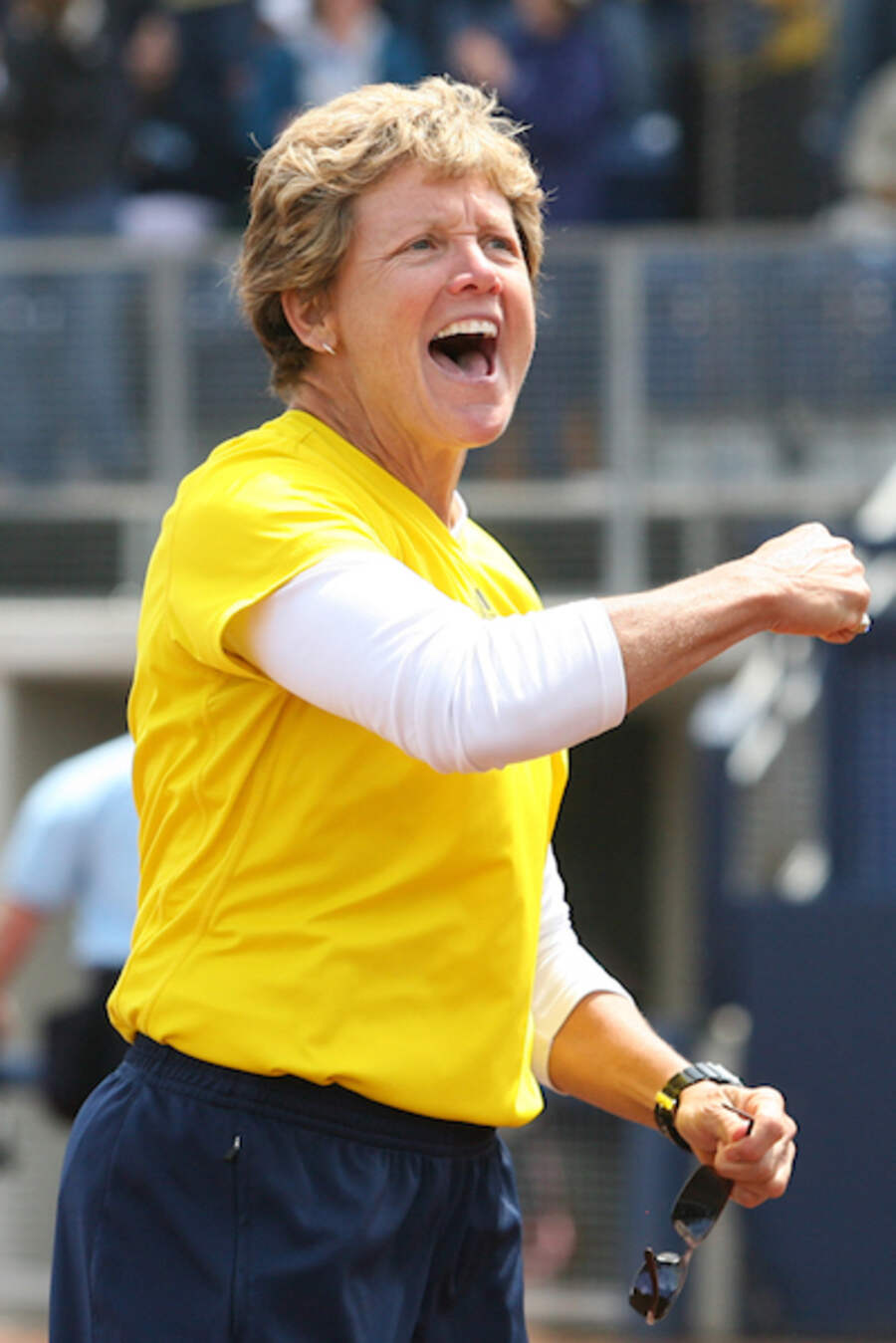
Carol Hutchins on consistency: Softball is rarely seen as the arena for hard lessons in life. But not if you are Hutchins, the iconic head coach of the Michigan Wolverines softball team. In her 37-year stint at Michigan, Hutchins oversaw 1,707 wins, more than any other coach in university softball history in the US (fiercely competitive as it is). Even though the Wolverines were not always the best team in the land, Hutchins was able to imbibe a level of consistency that made her squad invariably competitive. In doing so, there are three qualities Hutchins can teach us — the importance of repeating routines which work for us, the need to recharge during our down-time to keep our minds and bodies fresh for pressure situations, and the instinct to understand when to step our game by peaking at the right time
University of Michigan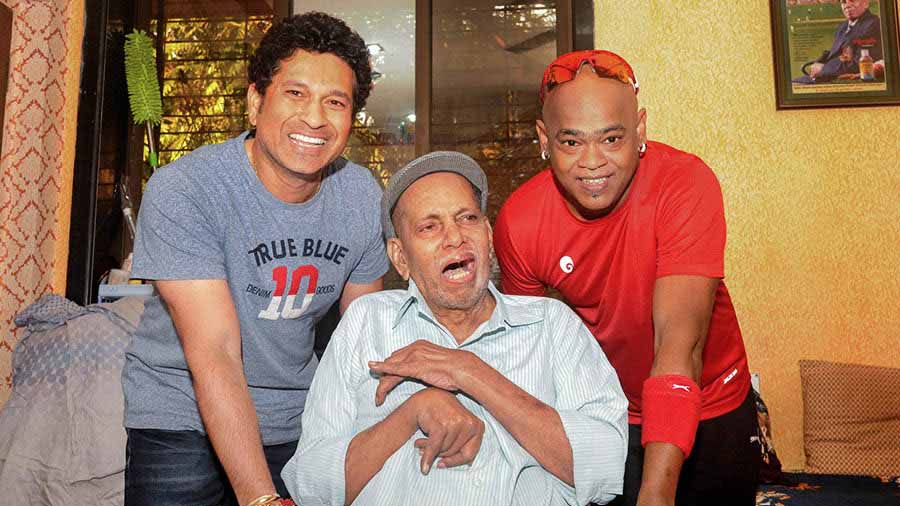
Ramakant Achrekar on practice: When in charge of mentoring special talents, it is easy to get carried away by the assumption that, eventually, the cream rises to the top. Thankfully for Tendulkar (as well as the likes of Vinod Kambli), Achrekar made no such assumptions. While the story of Achrekar placing a coin on Tendulkar’s stumps to make him value his wicket is already the stuff of legend, what is less well-known is how the coach used to make Tendulkar play two practice matches on most days, both of which saw the prodigious Mumbaikar bat but not field. Achrekar’s idea was that Tendulkar’s genius lay in his batting, which required him doubling down on as much match practice as possible. The lesson for us from Achrekar is to identify our strengths and hone them as often as we can, for nothing brings perfection quite like practice
TT Archives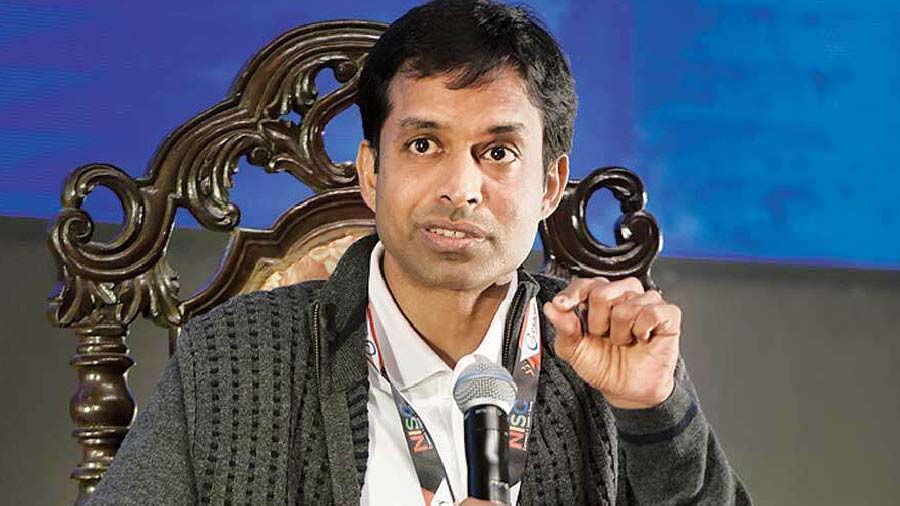
Pullela Gopichand on risk-taking: Not content with being India’s finest badminton champion since Prakash Padukone, Gopichand founded a badminton academy in his name in 2008. By mortgaging his own house! That was not the only risk the then 35-year-old took, for he accepted a donation of Rs 50 million from industrialist Nimmagadda Prasad on the condition that his academy produce at least one medal-winning player for India at the Olympic Games, something that had never happened before. Gopichand’s risk, however, paid off handsomely, with Saina Nehwal and P.V. Sindhu, both graduates of his academy, going on to clinch Olympic medals for India. When the commitment to one’s cause is complete, as it was for Gopichand, a risk is far more likely to bring reward than regret
TT Archives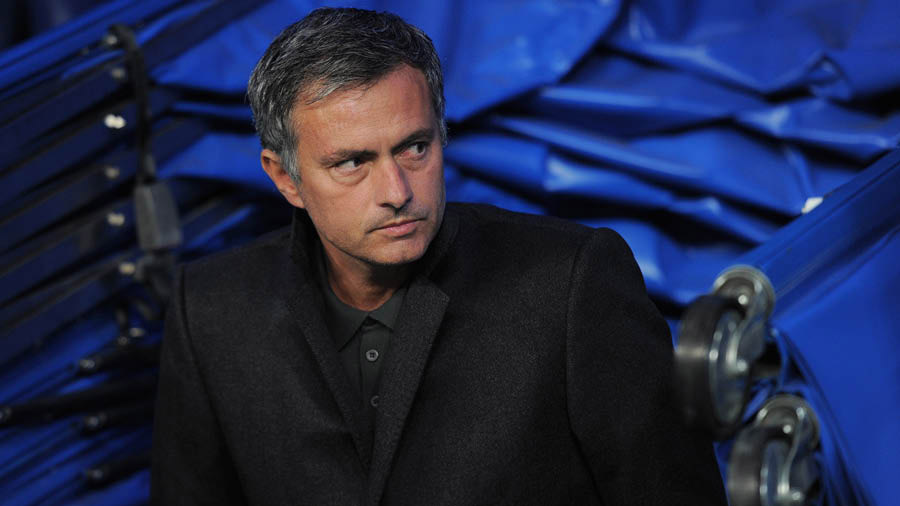
Jose Mourinho on belief: Few people in the world, let alone in sports, could infuse a group with belief quite like Mourinho in his prime. Which is perhaps why, in spite of managing star-studded clubs such as Chelsea, Real Madrid and Man United, the Portuguese’s finest hour came with underdogs like Porto and Inter Milan. What Mourinho can teach us has to do with battling against the odds in life. Just like his triumphant teams on Europe’s grandest stage, we are bound to come up against people who are more talented and resourceful than us. But that does not mean that we are doomed to fail. By channelling our self-belief, we can be more structured, patient and determined than our opposition, sometimes sacrificing individual glory at the altar of collective success. Throw in a bit of melodrama (for those who prefer it!) and a surprise victory is there for the taking
Getty Images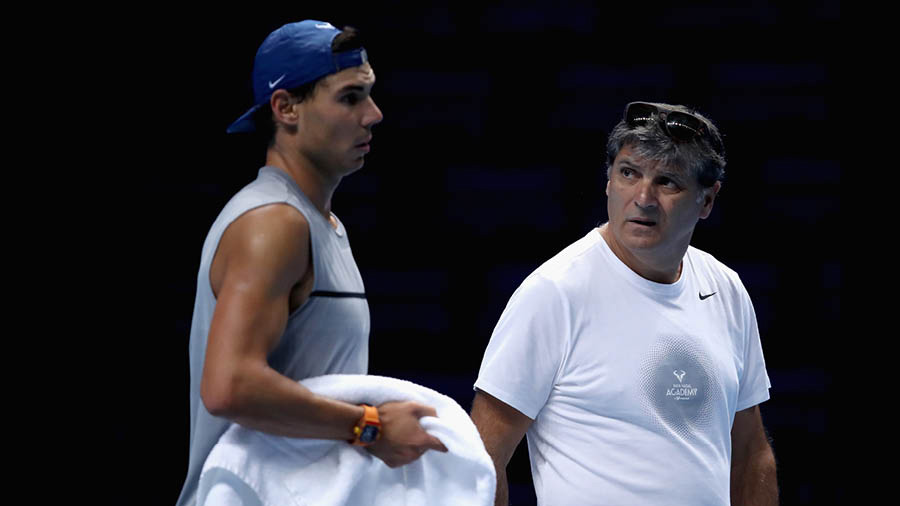
Toni Nadal on respect: Rafael Nadal’s career might have taken a turn for the worse had he not given up on his teenage habit of throwing away his racket in disappointment. Toni, his long-time former coach and uncle, had made it clear to the now 22-time Grand Slam singles champion that any mark of disrespect towards the sport he loved was inexcusable. This extended later on to never disrespecting a rival, no matter their background or context. Another of Toni’s virtues to learn from was his own respect for Nadal, which meant that while he did not shy away from pushing his nephew to give his best, Toni also knew when to let Rafa decide for himself. Respect, after all, is also about restraint
Getty Images
Jill Ellis on adaptability: To keep winning, we must keep evolving. Jill Ellis knew this as well as anyone in women’s football. The winning manager of consecutive World Cups with the US, Ellis had only four players who started both the finals. While in Vancouver in 2015, the Americans played with a gung-ho attack, prevailing 5-2 against Japan, they were far more sedate four years later in a 2-0 triumph against the Netherlands in Lyon. Ellis, the mastermind behind both results, knew that she could not replicate what had worked before, since her personnel had altered drastically. Rather than making the mistake of moulding her players to her ideas, she moulded her ideas to suit her players, something all of us can remind ourselves when chasing familiar outcomes in unfamiliar scenarios
Getty Images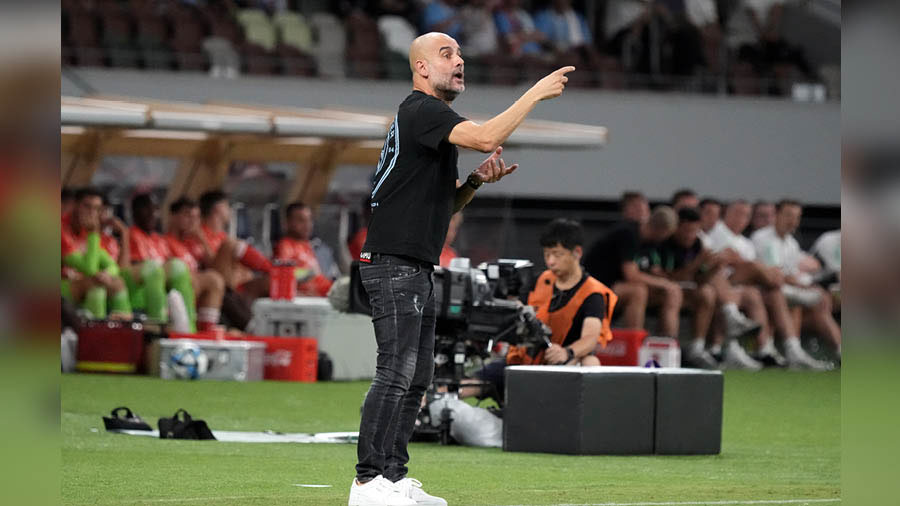
Pep Guardiola on time and space: If you can control space, you can control time. This pathbreaking vision underlines Guardiola’s revolutionary football, be it at Barcelona, Bayern Munich or Man City. While apparently esoteric in its implementation through passing triangles, high blocks and phasic pressing in football, the application of Guardiola’s mantra to life is rather simple. We cannot dictate how time passes, which is why we cannot dictate happiness or grief. But what we can do is manage the space we occupy in life to the best of our ability, knowing when to attack and when to defend. Should that space be looked after well enough for long enough, time takes care of the results
Getty Images